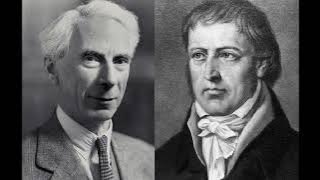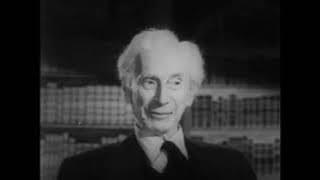Bertrand Russell
Bertrand Arthur William Russell, 3rd Earl Russell, OM, FRS (18 May 1872 – 2 February 1970) was a British mathematician, philosopher, logician, and public intellectual. He had a considerable influence on mathematics, logic, set theory, linguistics, artificial intelligence, cognitive science, computer science and various areas of analytic philosophy, especially philosophy of mathematics, philosophy of language, epistemology, and metaphysics. He was one of the early 20th century's most prominent logicians, and a founder of analytic philosophy, along with his predecessor Gottlob Frege, his friend and colleague G. E. Moore and his student and protégé Ludwig Wittgenstein. Russell with Moore led the British "revolt against idealism". Together with his former teacher A. N. Whitehead, Russell wrote Principia Mathematica, a milestone in the development of classical logic, and a major attempt to reduce the whole of mathematics to logic (see Logicism). Russell's article "On Denoting" has been considered a "paradigm of philosophy". Russell was a pacifist who championed anti-imperialism and chaired the India League. He occasionally advocated preventive nuclear war, before the opportunity provided by the atomic monopoly had passed and he decided he would "welcome with enthusiasm" world government. He went to prison for his pacifism during World War I. Later, Russell concluded that the war against Adolf Hitler's Nazi Germany was a necessary "lesser of two evils" and also criticized Stalinist totalitarianism, condemned the United States' war on Vietnam and was an outspoken proponent of nuclear disarmament. In 1950, Russell was awarded the Nobel Prize in Literature "in recognition of his varied and significant writings in which he champions humanitarian ideals and freedom of thought". He was also the recipient of the De Morgan Medal (1932), Sylvester Medal (1934), Kalinga Prize (1957), and Jerusalem Prize (1963). (Wikipedia).

















